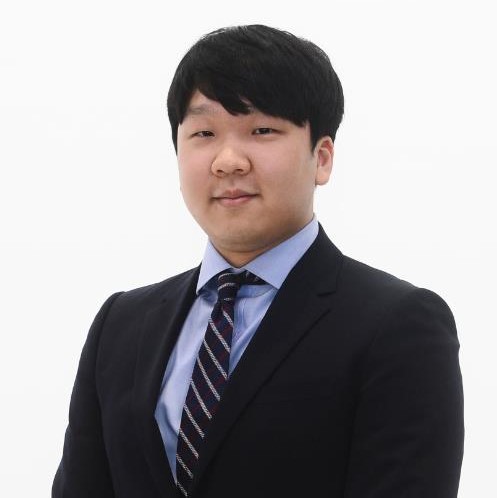Summer horror contents engulf Korean entertainment industry
By Lee Si-jinPublished : Aug. 17, 2021 - 16:53

As the sweltering summer days continue, the South Korean broadcast, cinema and music industries are turning to horror to send a chill down audiences’ spines.
Mystery horror show “Da Vinci Note,” which digs into mysteries and supernatural phenomena followed by scientific explanations on tvN, premiered on Aug. 7.
The first episode recorded 2.87 percent viewership, according to Nielsen Korea. It was the second-highest rated program on cable Saturday.
Terrestrial broadcaster MBC’s “Midnight Horror Story” is a talk show sharing scary and strange experiences. Viewers submit their own stories, which are delivered through the voice of hosts Kim Gu-ra, Kim Sook and Hwang Jae-sung.
The program welcomes the audience to join online during the show and vote for the best storyteller who ignites the greatest fear.
The movie industry signaled the return of summer with “The 8th Night” in early July, followed by “Whispering Corridors 6: The Humming” and “The Cursed: Dead Man’s Prey.”
“The Cursed,” a mystery thriller released in late July, has been going strong, charting in the top 10 since its release at the South Korean box office.

Upcoming horror movie “Guimoon: The Lightless Door,” revolving around four characters in an abandoned building, is scheduled to hit local theaters Wednesday.
Artists in the music scene are also seeking to wash away the summer heat with horror tracks.
Singer-songwriter Ahn Ye-eun and girl group Dreamcatcher have released “Changgwi” and “BEcause,” respectively.
While “Changgwi” tells scary traditional folk tales from the Joseon era, “BEcause” expresses an obsession and desire for love. The lyrics and music videos, mostly in black and red, offer an occult atmosphere to the audience.
“The horror themes are the major content for the entertainment industry, widely recognized as a classic way to cool down in summer in Korea. We can see a growing change in the trend,” culture critic Kim Heon-sik said in an interview with The Korea Herald on Tuesday. Kim noted that local broadcasters are slowly losing interest in horror stories, pointing out the drop in occasional summer programs.
“Because the occult cultures are mostly enjoyed by young people who are familiar with streaming platforms, many such platforms are likely to launch more of their original horror content and series, while broadcasters focus more on content that interests a middle-aged audience.”




![[Reporter's Notebook] Rethinking leadership after Yoon Suk Yeol](http://res.heraldm.com/phpwas/restmb_idxmake.php?idx=644&simg=/content/image/2024/12/16/20241216050085_0.jpg&u=20241217135411)




![[Today’s K-pop] Blackpink’s Rose hits Billboard 200 at record No. 3](http://res.heraldm.com/phpwas/restmb_idxmake.php?idx=644&simg=/content/image/2024/12/16/20241216050069_0.jpg&u=20241216172208)









![[Today’s K-pop] BTS’ V enters Billboard’s Hot 100 with Bing Crosby 'collab'](http://res.heraldm.com/phpwas/restmb_idxmake.php?idx=642&simg=/content/image/2024/12/17/20241217050069_0.jpg&u=20241217165331)